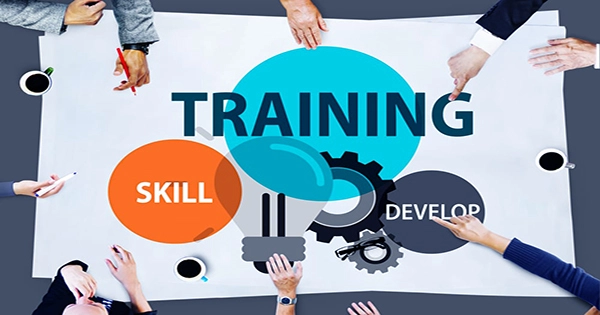Children can benefit greatly from learning effective self-management techniques, especially in inclusive classroom settings. People with good self-management techniques who work as members of larger teams can enhance both their own performance and the performance of the group as a whole, both inside and outside of the school environment. Teaching pupils self-management techniques can free up teachers’ time to concentrate on other crucial duties, which is crucial when working in a classroom setting with kids who have a range of learning needs and strengths. Such tactics can also be utilized to support student’s behavioral needs and expand students’ opportunities to practice and respond to knowledge and academic abilities in the curriculum.
Self-management skills have many advantages, but students with impairments or those at risk for them frequently require additional education to understand and put these tactics into practice. Fortunately, teaching a small number of strategies can have broad implications and assist students in controlling a variety of behaviors. Additionally, research findings imply that individuals with a range of learning preferences and needs can learn to apply and gain from being exposed to self-management strategies. Therefore, concentrating on such talents appears desirable.
Despite these heartening advantages, there are still a number of topics in self-management studies that require more investigation and discussion. For instance, more research is needed to determine the proper level of teacher involvement in teaching these self-management techniques, as well as the potential differential effects of different self-management techniques on the behaviors of students embodying different characteristics and the impact on student outcomes. It is unknown how these variables affect students’ mastery and generalization of self-management skills given these open-ended research issues in the area. This is crucial since it has been stated that developing one’s capacity for self-management is the most important aim of education. People who can do this successfully make enormous contributions to society.
















